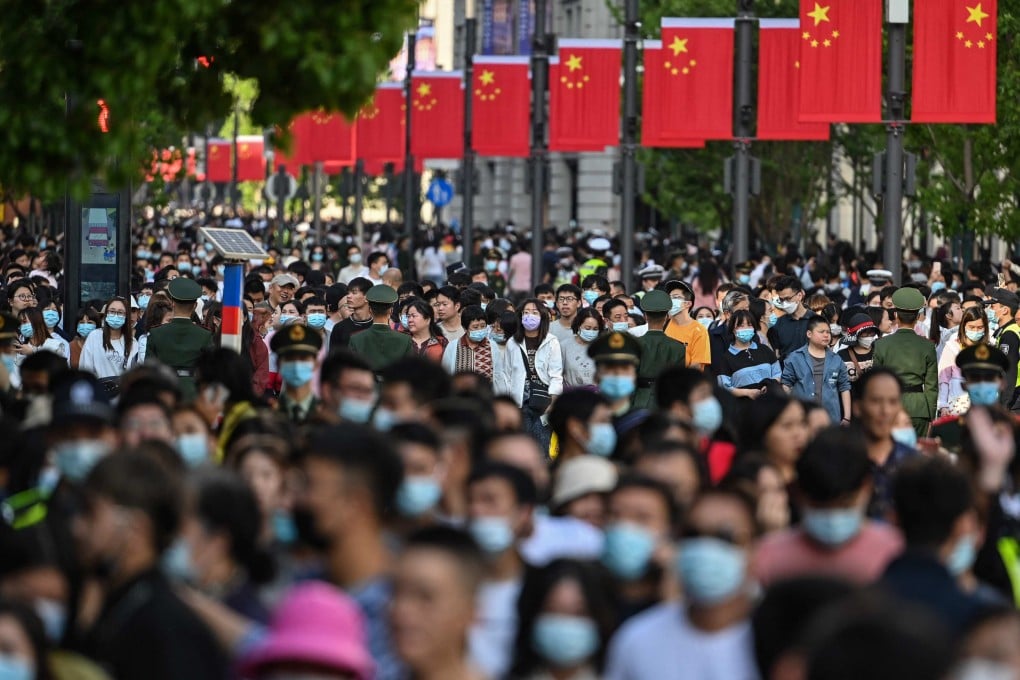Opinion | Why China’s strategy for avoiding the middle-income trap is a challenging one
- In a lengthy article, Vice-Premier Liu He advocates for China to shift its growth model towards relying on technological innovation
- Beijing’s policymakers, it seems, are placing their hopes on China’s continued growth on one single bet

Almost a decade ago, the World Bank and the Development Research Centre of China’s State Council published a report titled China 2030: Building a Modern Harmonious and Creative Society.
While the report was presented as a research, its publication was widely viewed as a strategic blueprint for China to escape the “middle-income trap”, a stage of economic development in which income levels stagnate, preventing a country from joining the ranks of rich nations. Key suggestions in the report included structural reforms and innovation.
Judging by economic indicators, China has been doing a great job in lifting national income over the past 10 years. The country’s per capita GDP doubled to an estimated US$12,000 this year from US$5,600 in 2011 – a level close to the World Bank’s defined threshold for a high-income country.
But for Beijing’s economic decision makers, the middle-income trap is still a real threat, as indicated by a long article by Vice-Premier Liu He, right-hand man to President Xi Jinping, published in the People’s Daily last week.
“Since the end of World War II, there are many countries that have started the industrialisation process and even briefly stepped over the threshold of being a high-income country,” Liu wrote. “Yet only very few countries, such as South Korea, Singapore and Israel, have truly leapt over the middle-income trap.”
To become an advanced economy, China has to shift its growth model from a strategy “driven by inputs” to an approach “driven by technological innovation” – a process that is still in progress, according to Liu.
